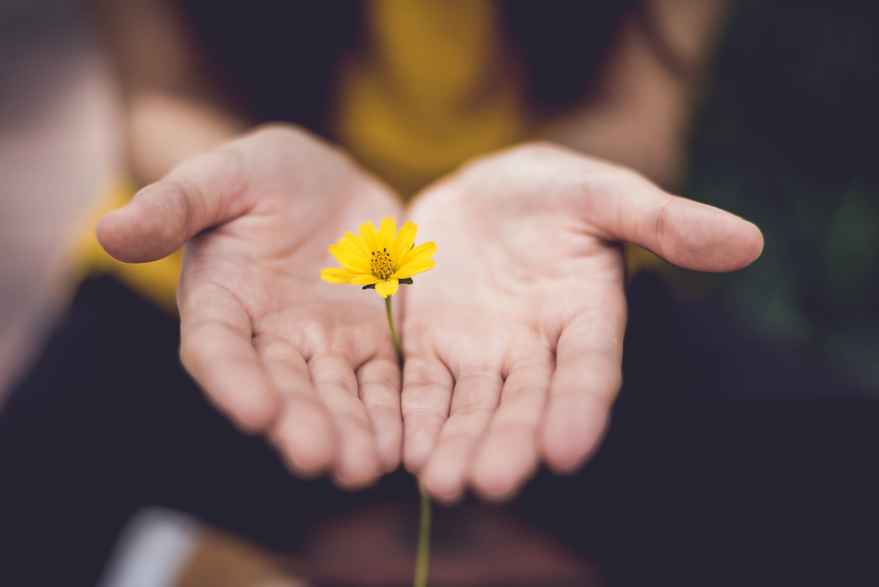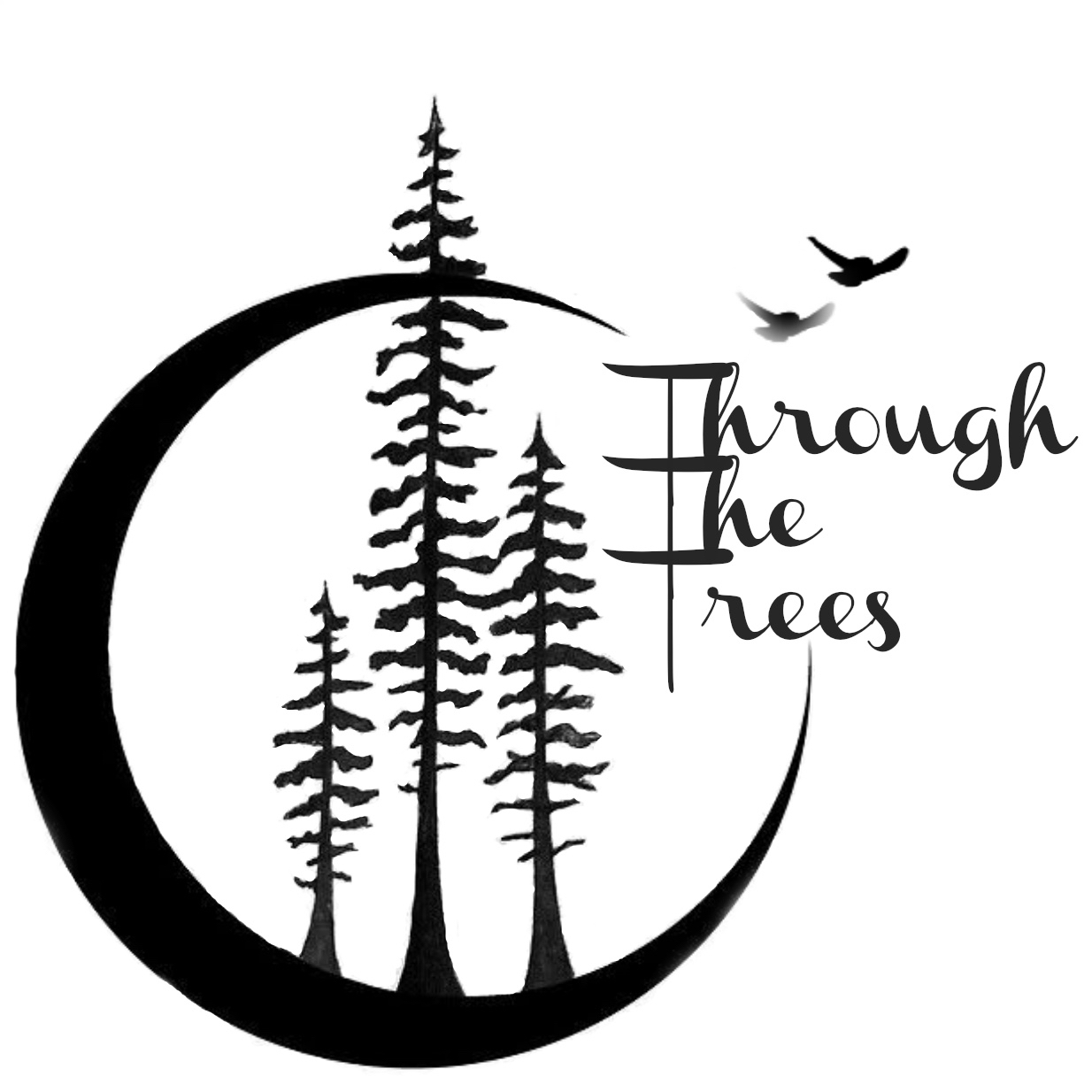Three Ways to Care for the Natural Places that Have Cared for Us This Year

Today's blog post was written by Through the Trees board member, Corie Washow. Visit Corie's own blog here.
Are you one of the many people who has developed an extra deep appreciation for Maine’s abundance of beautiful outdoor spaces this past year? What a refuge our public parks and trails (and backyards) have been over this tremendously challenging time. As a Through the Trees community member, I know you don’t need me to tell you that! But I do want to take a few minutes together to reflect on how we show appreciation and gratitude for these places, particularly those that are experiencing such increased usage over this year.
It is wonderful to see so many people out and about, connecting in new places and new ways. I am all for that and I hope this trend continues in a post-pandemic world. But I also hope we pay close attention and take good care of the land that so generously offers us refuge, beauty, and space for connection. As the snow and ice thaws, I am discovering countless pieces of trash at heavily visited sites, far more than in prior spring seasons. I suspect as we move further into spring, more impacts will be uncovered--trail diversions, water flow changes, and who knows what else. We owe these beautiful places and the creatures that inhabit them not just our gratitude, but our care.
What might that look like? Here are some ideas:
Clean Up
Next time you’re out for a walk, even if it’s just in your neighborhood, bring along a bag to collect trash. Sure, if you’re in a public space, your tax dollars may go towards clean up in some roundabout way. But our relationship with these places is not roundabout. It is direct and clear. It is felt immediately in the energy that comes when we step out of the car and into the ocean breeze, or the ease when we walk into the gentle shelter of the pine forest. Being in ‘right relationship’ with land means we view our connection as reciprocal and nurturing in both directions. Clean-up is a great way kids can participate in reciprocal relationships with the earth.
Thank You Note - Just Like Your Mom Made You Write
(Or was that just my mom?) Anyway, write a letter, draw a picture, find a gesture, create a dance, or make up a song that expresses your feelings about and appreciation for a particular landscape or natural being. Take the next step and ‘deliver’ that message to the land. The science says expressing gratitude stimulates positive cognitive and emotional responses in our brains. Even without the science, it’s just good manners. We would never go to a friend’s house for supper without a thank you on our way out the door. Why would we not offer our sincere appreciation to an outdoor space that provides so much joy, respite, delight, etc.?
I’ve noticed that adults can feel uncomfortable with this type of practice at first. If you’ve got a kid around, enlist their help! Children have imagination and creativity that has not yet absorbed our cultural norms around who and what deserves sincere attention and time. For adults feeling a little squirmy about the expression part, consider this. Humans, as far as we know, are the only creatures in nature who can choose to express gratitude and appreciation. This practice might just be a way we can offer something to the rest of the natural world that it otherwise has no way to access.
Volunteer Time and/or Donate Money
I grew up in a Midwestern suburbia that was a virtual carbon copy of zillions of other versions of suburbia. I attribute my relationship with nature in part to early years spent volunteering for our local land conservation group. Wading out in the marsh to monitor woodduck boxes and picking porcupine grass seed in tiny, tiny pockets of prairie for redistribution was instrumental to my development. It was also a way I felt like I was able to help, even as a child (with adult support, of course). Maine is packed with land conversation and stewardship organizations, large and small. There is plenty of room for all ages, skills, and abilities. Just start asking around. And if you have the financial resources, consider donating to the land trust, state park, or whatever organizing body stewards a piece of public land that has been especially supportive for you over the past year.
These are just a few of the many ways we can express our gratitude directly to the natural places that support us. I’d love to hear yours! And if you’re looking for more on this topic, I highly recommend reading Robin Wall Kimmerer’s essay ‘Returning the Gift’. As an indigenous woman and PhD level plant biologist, Kimmerer has spent a lifetime (she would also include all the generations before her) living in and exploring right relationship with land. She shares profound reflections that offer a meaningful path towards balance, reciprocity, and belonging for all.

0 comments
Leave a comment
Please log in or register to post a comment